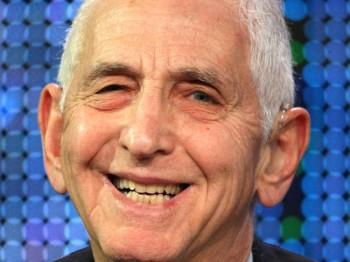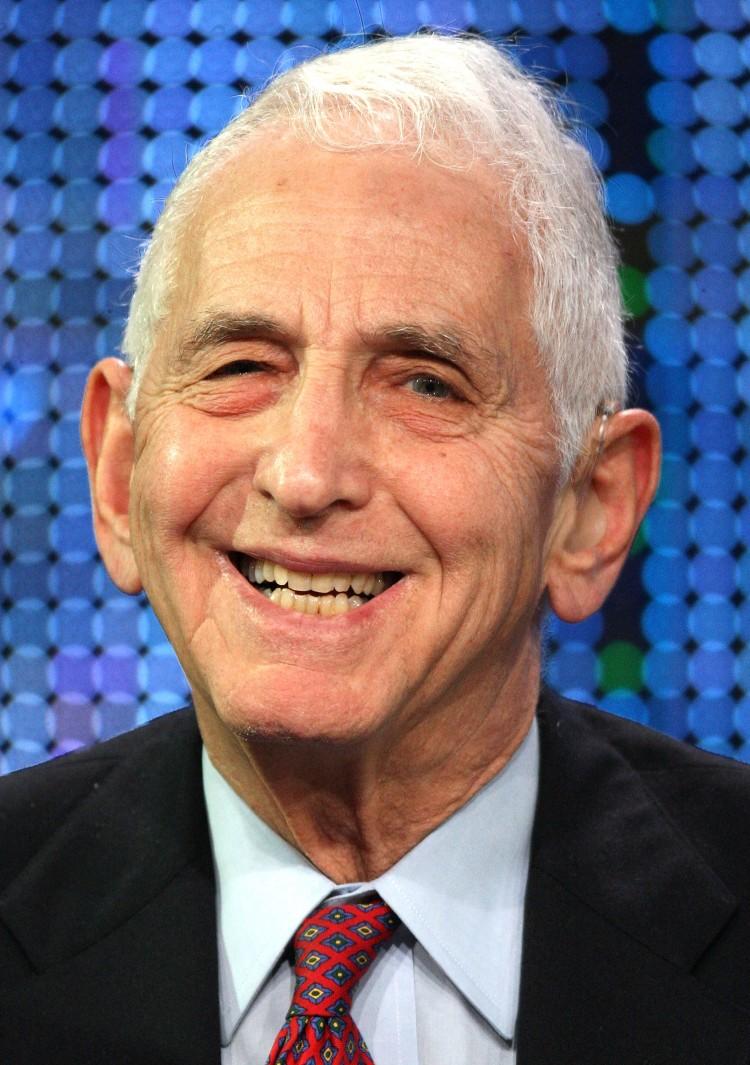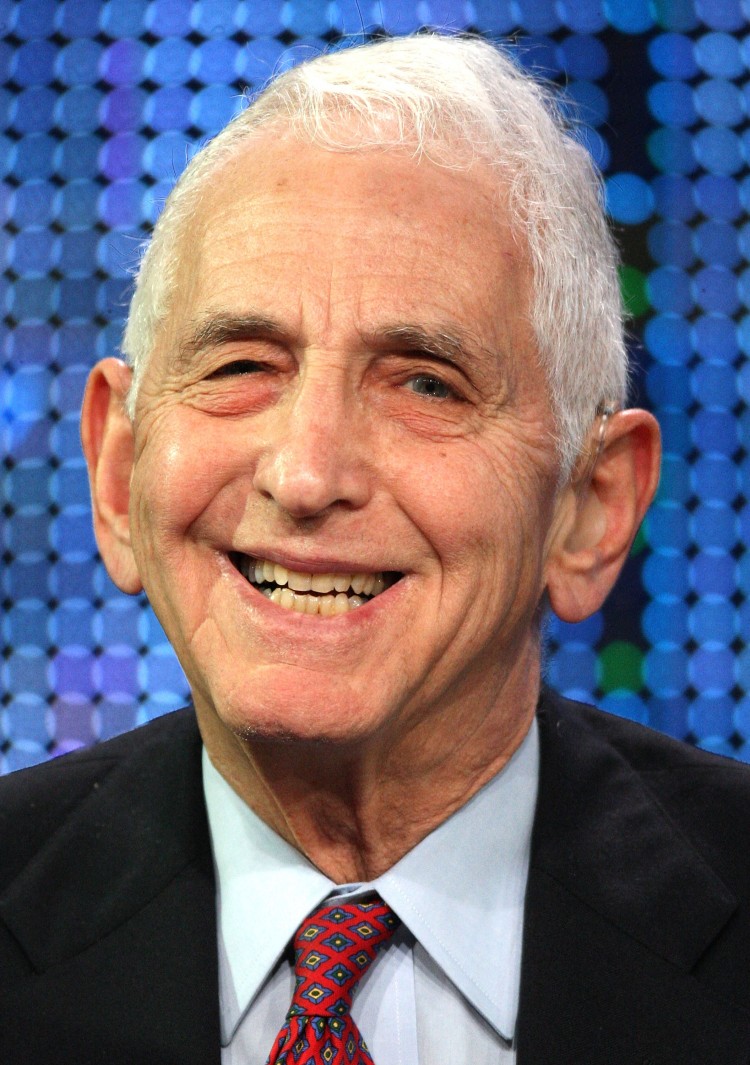Pentagon Papers Released in Full, 40 Years Later
On the 40th anniversary of the initial public release of excerpts of the Pentagon Papers by the New York Times, the complete set of documents without redactions have finally been entered into public record.

40TH ANNIVERSARY: Dr. Daniel Ellsberg speaks during the PBS portion of the 2010 Television Critics Association Press Tour at the Langham Hotel on Jan. 16, 2010, in Pasadena, Calif. Frederick M. Brown/Getty Images
|Updated:
Reporting on the business of food, food tech, and Silicon Alley, I studied the Humanities as an undergraduate, and obtained a Master of Arts in business journalism from Columbia University. I love covering the people, and the passion, that animates innovation in America. Email me at andrea dot hayley at epochtimes.com
Author’s Selected Articles






